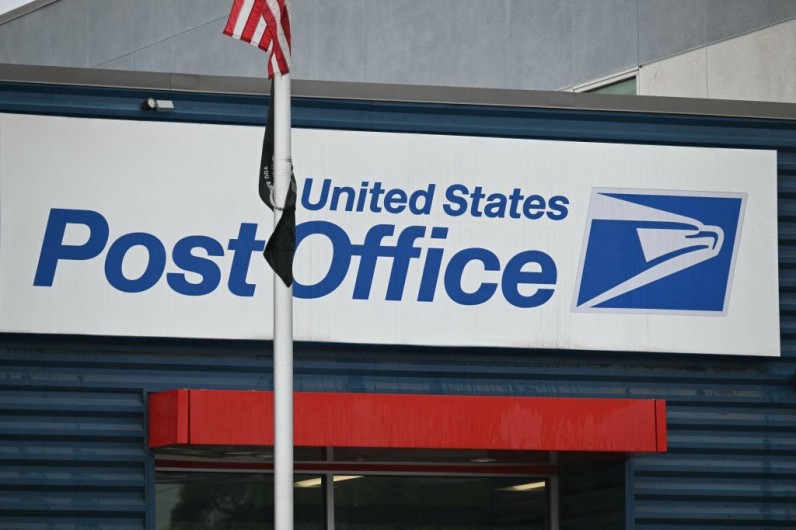
The United States Postal Service (USPS) has reversed its decision to suspend incoming shipments from China and Hong Kong, just one day after initially announcing the halt.
This change comes in the wake of President Trump's new tariffs on Chinese goods, which raised concerns about trade disruption between the US and China.
The postal service will continue accepting all international inbound mail and packages from China and Hong Kong, but it is working to ensure minimal disruption as it implements the new tariff system.
The suspension was initially set to apply only to packages, not letters or flat mail.
It followed a tariff increase from President Trump, which also removed the "de minimis" exemption for low-value packages—those worth under $800—making these packages subject to new duties and taxes, CBS News said.
This exemption had been a significant factor for Chinese e-commerce giants like Shein and Temu, which relied heavily on it to ship products to the US.
US-China Trade Tensions
On the other hand, US officials had raised concerns about a surge in these shipments, citing challenges in screening packages for security risks and the growth of Chinese-founded online retailers.
Between 2018 and 2021, China and Hong Kong accounted for about 67% of the shipments entering the US under the exemption.
The temporary suspension of mail deliveries sparked strong reactions from China, with the government condemning the action as "unreasonable suppression."
Chinese officials have urged the US to stop politicizing trade issues and to cease targeting Chinese businesses. Despite this, the USPS has now reinstated package deliveries, but the situation remains uncertain.
According to Business Insider, as trade specialists suggest, there could still be disruptions in shipments, especially with private freight companies like DHL, UPS, and FedEx, which may face challenges managing the increased demand.
In the coming days, consumers can expect potential delays and cancellations of packages, particularly from popular e-commerce platforms like Shein and Temu, as the fallout from the new tariffs continues to unfold.







Join the Conversation